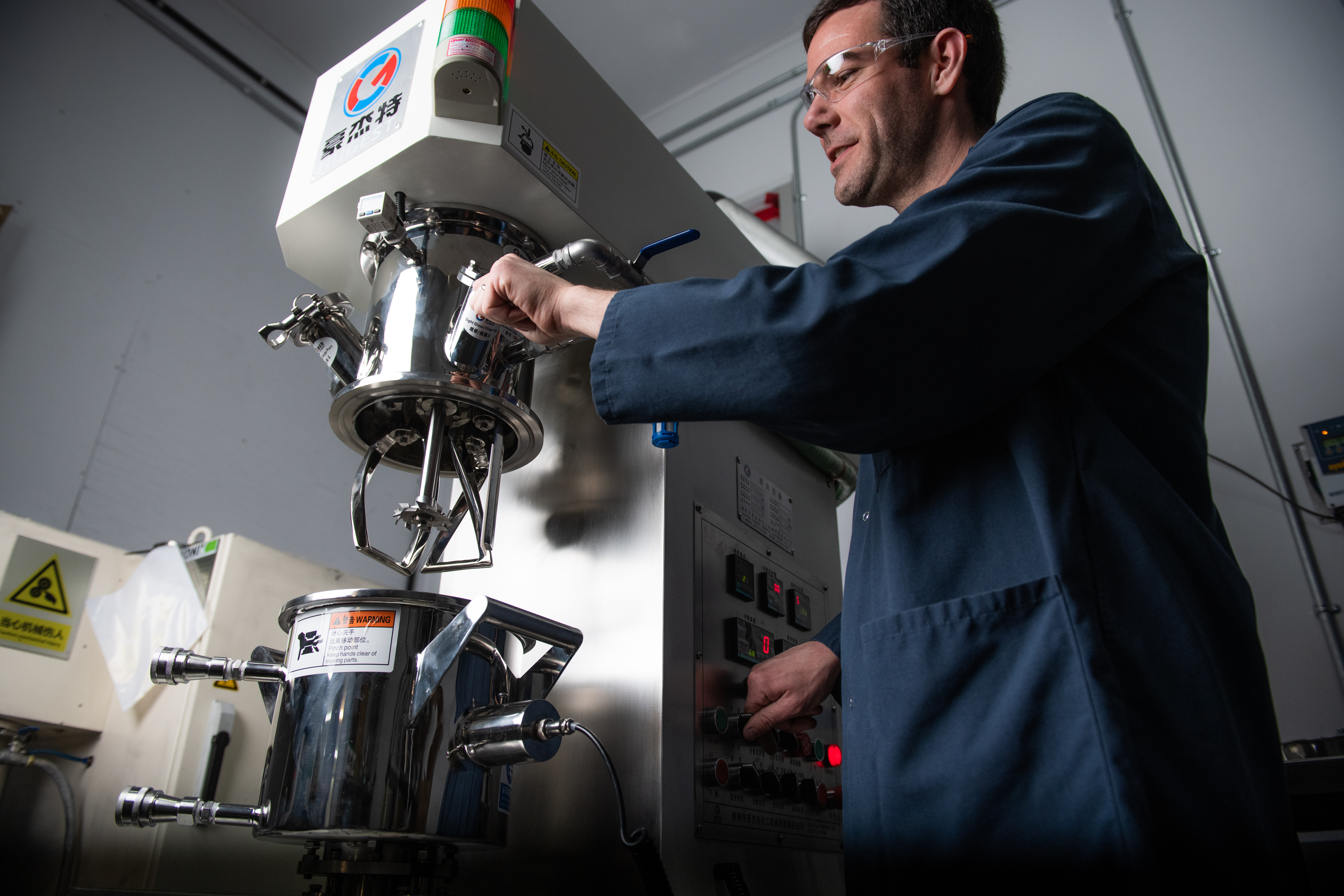
In-Depth
Battery manufacturing plans kick into high gear across Canada
December 20, 2021
By
Canadian Manufacturing


Battery manufacturing plans kick into high gear across Canada (Credit: Scott Munn)
Canada is trying to make the leap to becoming a global player on the EV scene. Recognizing its abundance of critical minerals and resources available across the country, a number of infrastructure investments and operations have recently been announced.
One of these is an $18M investment led by NOVONIX Battery Technology Solutions to develop a battery materials manufacturing facility in Dartmouth, N.S.
The new facility is intended to create a more domestic battery materials supply chain, and help North American manufacturers rely less on an Asian supply of battery materials.
Chris Burns, CEO of NOVONIX, spoke about what the investment means for Canada’s battery supply chain.
“This investment is about creating a production quantity level of cathode high-nickel materials, but not yet a sellable quantity level. We’re going from the kilogram to the tonnage level of production so it will take a few years to get up and running, but our focus on technology to lower the cost of materials and improve environmental impact will create less of a reliance on China,” he says.
Cathode materials are purportedly cheaper and more environmentally friendly than the anode materials currently found on the market, and the research and development into this type of technology aims to also create a level of transparency that isn’t always found on the global supply chain.
“Most North American EV manufacturers don’t really know if the materials they’re getting have been manufactured rigorously, or if those materials were handled properly. Having that infrastructure in place in North America will alleviate some of those concerns,” he added.
With the U.S. proposing a hefty tax credit for EV’s manufactured south of the border, a domestic battery supply chain becomes more important, according to NOVONIX.
“Cathode materials like nickel, manganese, cobalt and natural graphite are resources that are extensive in Canada and nearly non-existent in the U.S.” says Chris Burns, when asked if the proposed tax credit would affect their Canadian growth plans. “We expect the raw materials side of the battery supply chain to remain exempt and we’d love to see battery materials bat at the level of production to be able to support a domestic supply chain.”
Exro COO Richard Meaux, also commented on the proposed tax credits.
“Exro believes that climate change knows no borders and has offices in both the U.S. and Canada to support North America’s integrated automotive supply chain. The U.S., Canada, and Mexico can leverage EV incentives to tackle emissions goals and our hope is that they will continue to work together.”
Both cleantech companies have a strong presence in the U.S. and appear to be unaffected or swayed by Biden’s troubling policy announcement. Even with Canada threatening retaliatory tariffs on certain raw materials and goods, they believe it will be business as usual for them in the new year.
It appears that creating a robust supply of battery materials is the key focus in 2022, and the players in that scene aim to supply manufacturers regardless of which side of the border they are on. For now.
Print this page